October 29, 2025
Data Shows Endangered Palau Ground Doves Swiftly Recovering After Successful Palauan Island Conservation Effort
Astounding evidence of recovery on Ulong Island in Palau after just one year!
Published on
November 14, 2018
Written by
Island Conservation
Photo credit
Island Conservation

For Release: 14 NOVEMBER 2018
As a global community, we are facing life-threatening challenges that undermine our future, from catastrophic loss of biodiversity to acute public health threats.
Malaria cases are on the rise again after decades of progress, and fragile ecosystems are undergoing intensifying rates of extinctions. These challenges require new and complementary tools if we are to achieve the Sustainable Development Goals and the Aichi Targets[i].
As the Convention on Biological Diversity (CBD) meets for the 14th Conference of the Parties (COP14) in Egypt in November, decision-makers from countries around the world will have an opportunity to reaffirm the importance of enabling research to support responsible innovation and evidence-based decision-making.
Closing the door on research by creating arbitrary barriers, high uncertainty, and open-ended delays will significantly limit our ability to provide answers to the questions policy-makers, regulators and the public are asking. The moratorium suggested at CBD on field releases would prevent the full evaluation of the potential uses of gene drive. Instead, the feasibility and modalities of any field evaluation should be assessed on a case-by-case basis.
Much of the progress we have made in the past century in improving the livelihoods and wellbeing of communities around the world is the result of increased knowledge acquired through scientific research. Science has not brought solutions to all our problems, but improved understanding and evidence have been key to progress. Innovations in vaccines, for example, have saved millions of lives: the 74% percent reduction in childhood deaths from measles over the past decade is a demonstration of the life-changing power of scientific research [ii].
Gene drive is a well-established field of research. First observed in the 1920s in mice and Drosophila, gene drive is a naturally occurring phenomenon that has been the subject of investigation for many years. Recent advances in gene editing tools have allowed notable progress in the two years since gene drive was first discussed at CBD, helping deliver increased knowledge and greater understanding of the possible applications of gene drive, while shedding further light on its risks, limitations, and potential.
While these advances are important, there is still much more to be achieved before any gene drive organisms could be considered for regulatory evaluation. Key institutions, such as the African Union, have called for continued work in this field, emphasising the value of the opportunity and the need for informed case-by-case assessment of this technology by national authorities [iii].
Scientists, alongside regulatory experts, funders and sponsors of the research, are working together to ensure research is carried out safely and responsibly, by building on previous experiences, using published policy and information, and putting in place monitoring and containment systems to prevent accidental releases [iv] [v]. Ongoing discussions are also taking place to determine suitable conditions for field evaluations.
Member States can enable the Convention on Biological Diversity to be a platform for knowledge and experience sharing. We should not decide against the use of a tool before potential costs and benefits can be fully evaluated. We urge governments to ensure the decisions taken at the Convention on Biological Diversity’s next meeting do not amount to a moratorium on gene drive research, but instead offer a balanced and constructive way forward for Parties to learn and monitor this field of research.
Click here to download the letter
Island Conservation CEO, Dr. Karen Poiani; Board Chair, Angus Parker; Board Treasurer, David Hartwell; Board Member, Prof. Ingrid M. Parker; Island Conservation’s South America Regional Director, Dr. Karl Campbell; and other leaders in the field have signed the letter here.
Check out other journal entries we think you might be interested in.

October 29, 2025
Astounding evidence of recovery on Ulong Island in Palau after just one year!
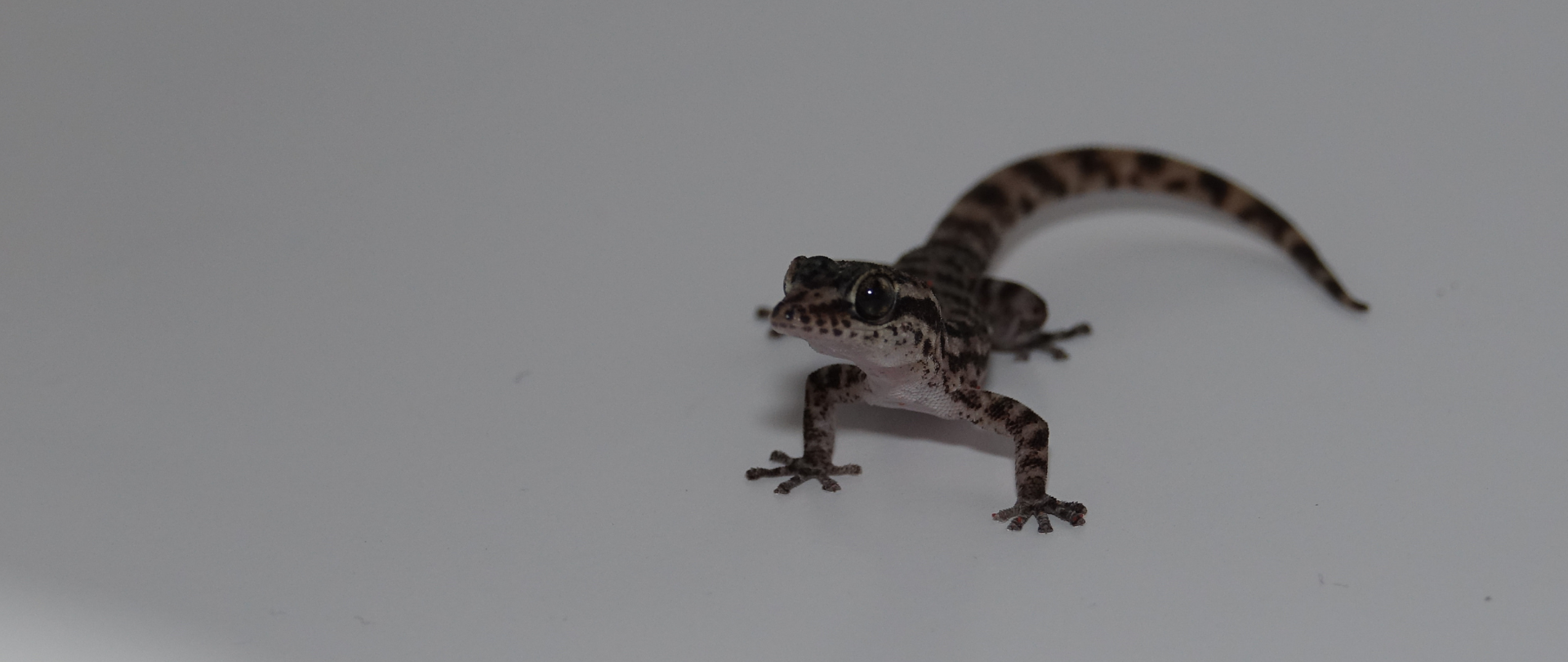
July 22, 2025
A species once thought extinct just made its comeback. A study published in PLOS ONE confirms the Leaf-toed Gecko has been rediscovered on Rábida Island in the Galápagos.
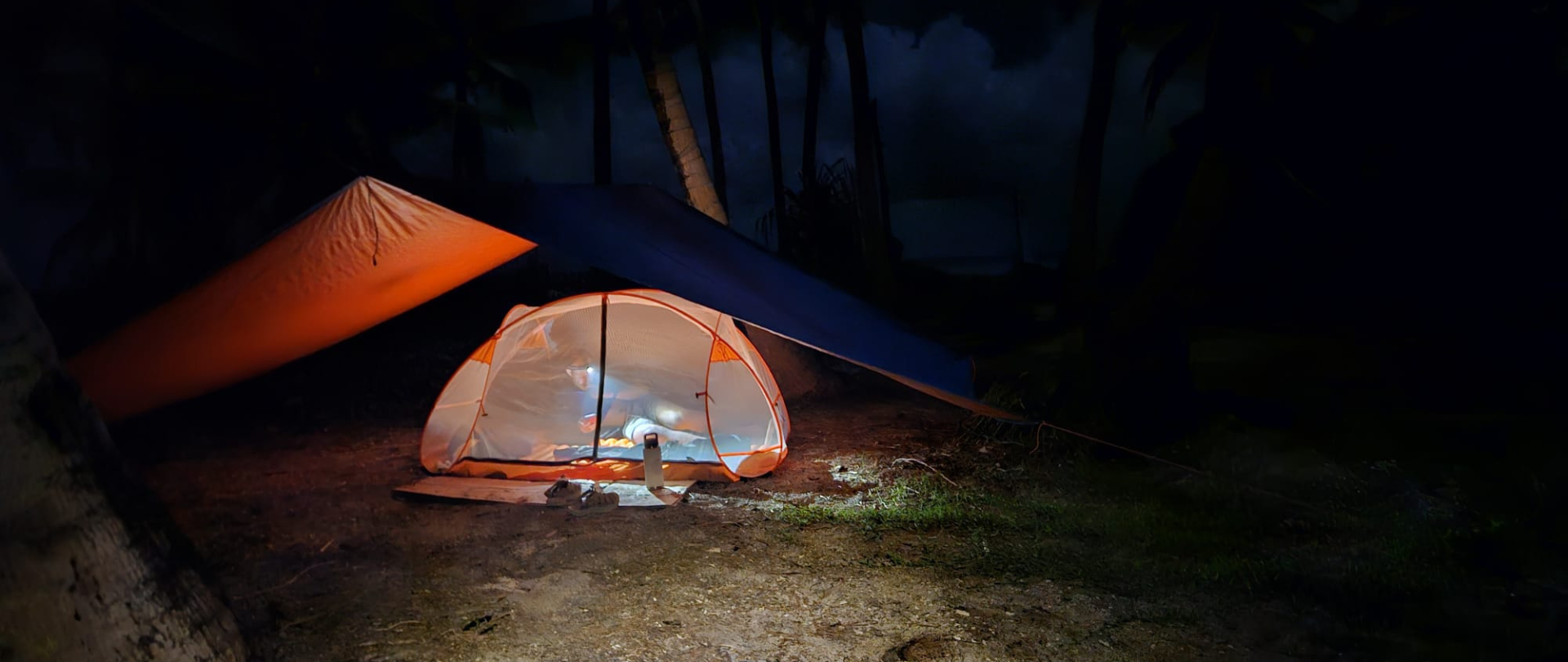
July 17, 2025
Great news from Tuvalu--our projects to restore Nukufetau Atoll, Tepuka, and Falefatu were successful!

June 17, 2025
Two new islands join the Island-Ocean Connection Challenge, linking terrestrial and marine conservation for maximum impact!
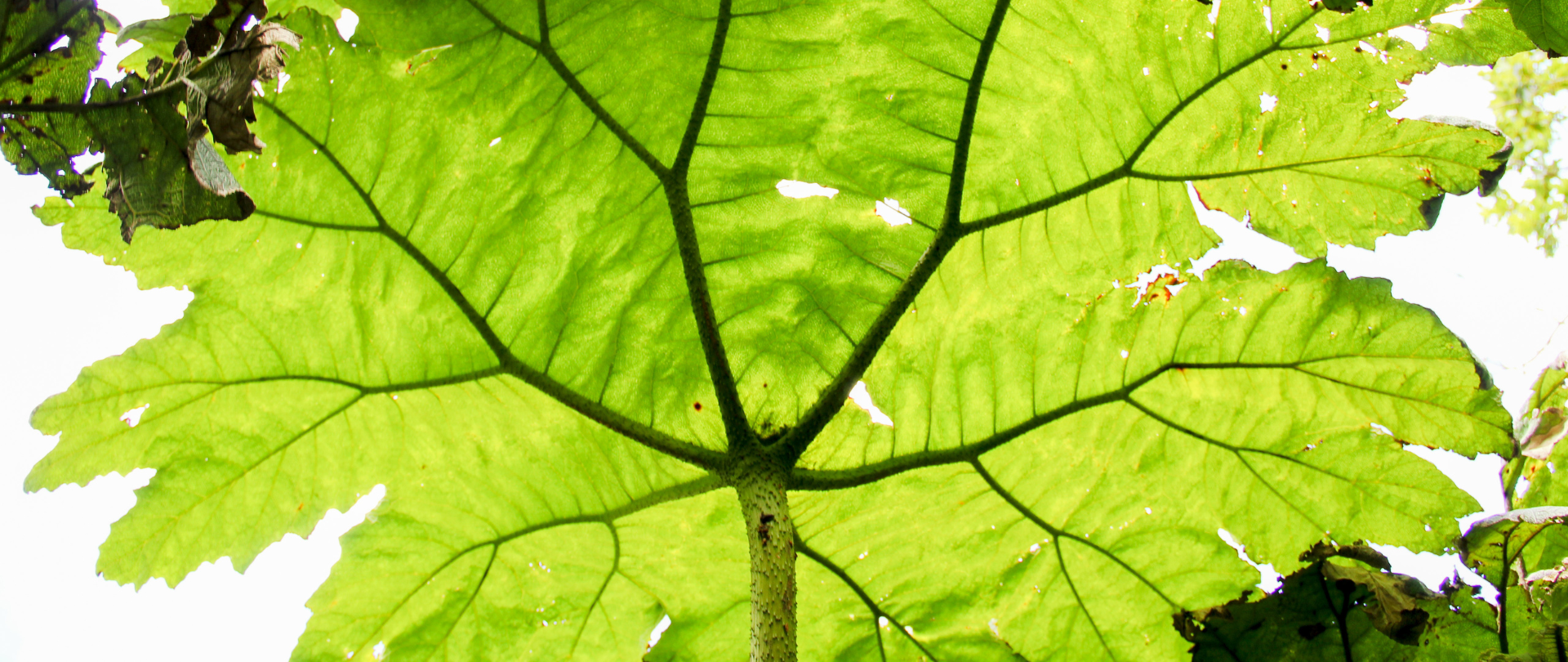
June 13, 2025
Our partner Conservation X Labs has joined the IOCC, committing to deploying transformative technology to protect island ecosystems!
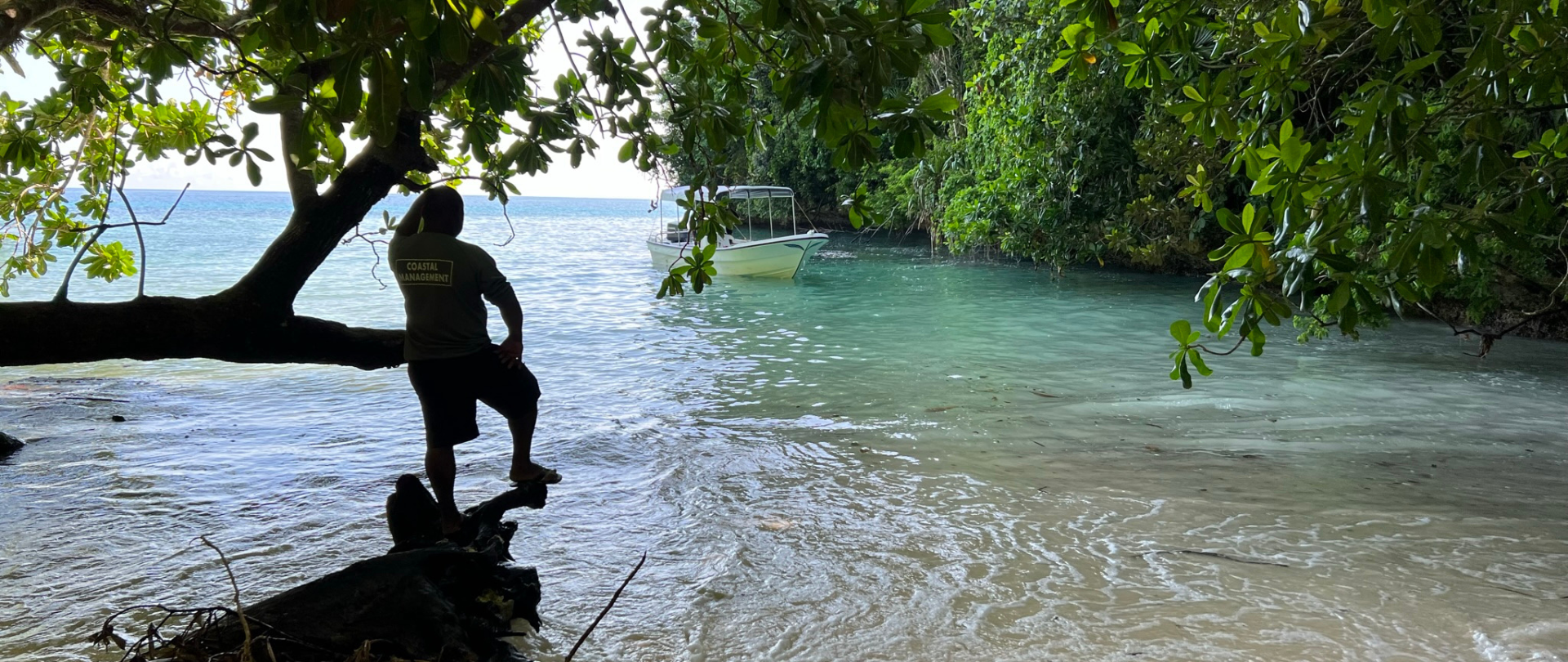
May 19, 2025
Read our position paper on The 3rd United Nations Ocean Conference (UNOC 3) to see why we're attending and what we aim to accomplish!
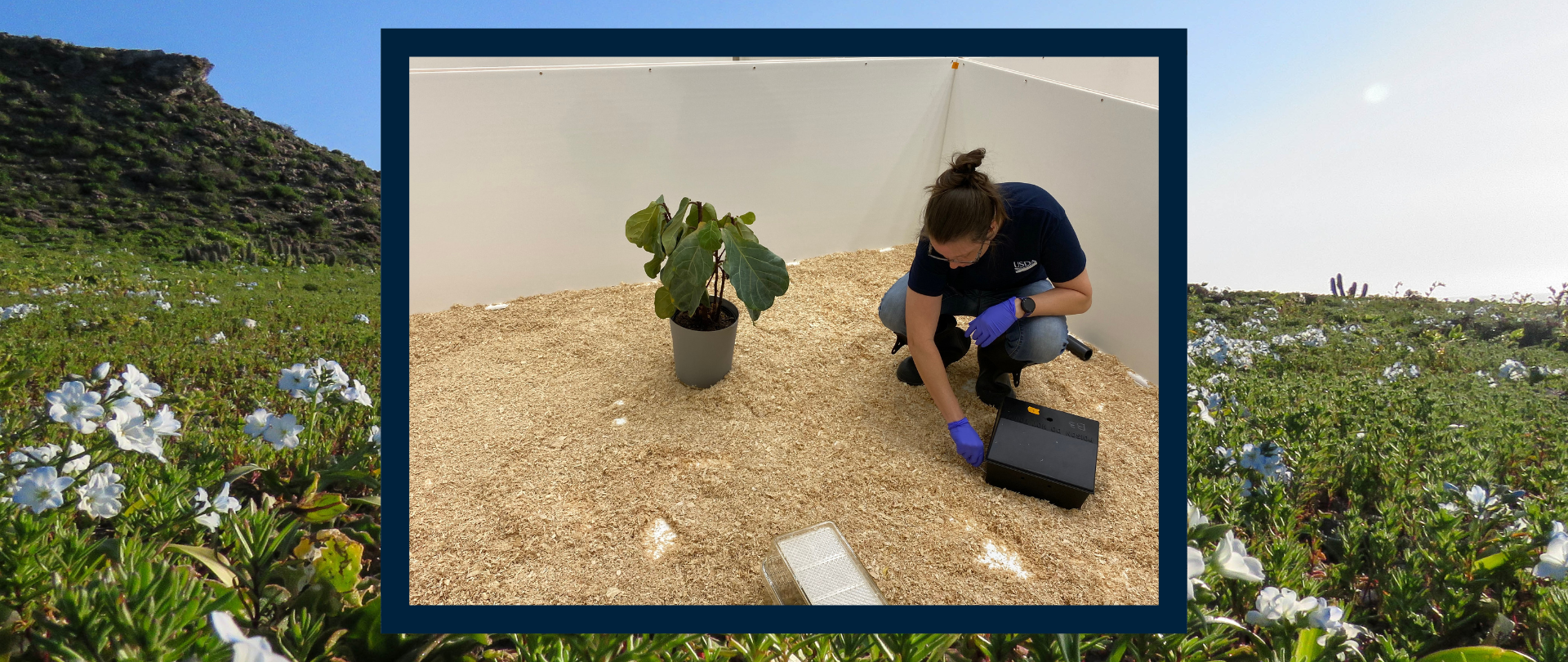
March 11, 2025
New environmental DNA technology can help protect vulnerable island ecosystems from destructive invasive species.
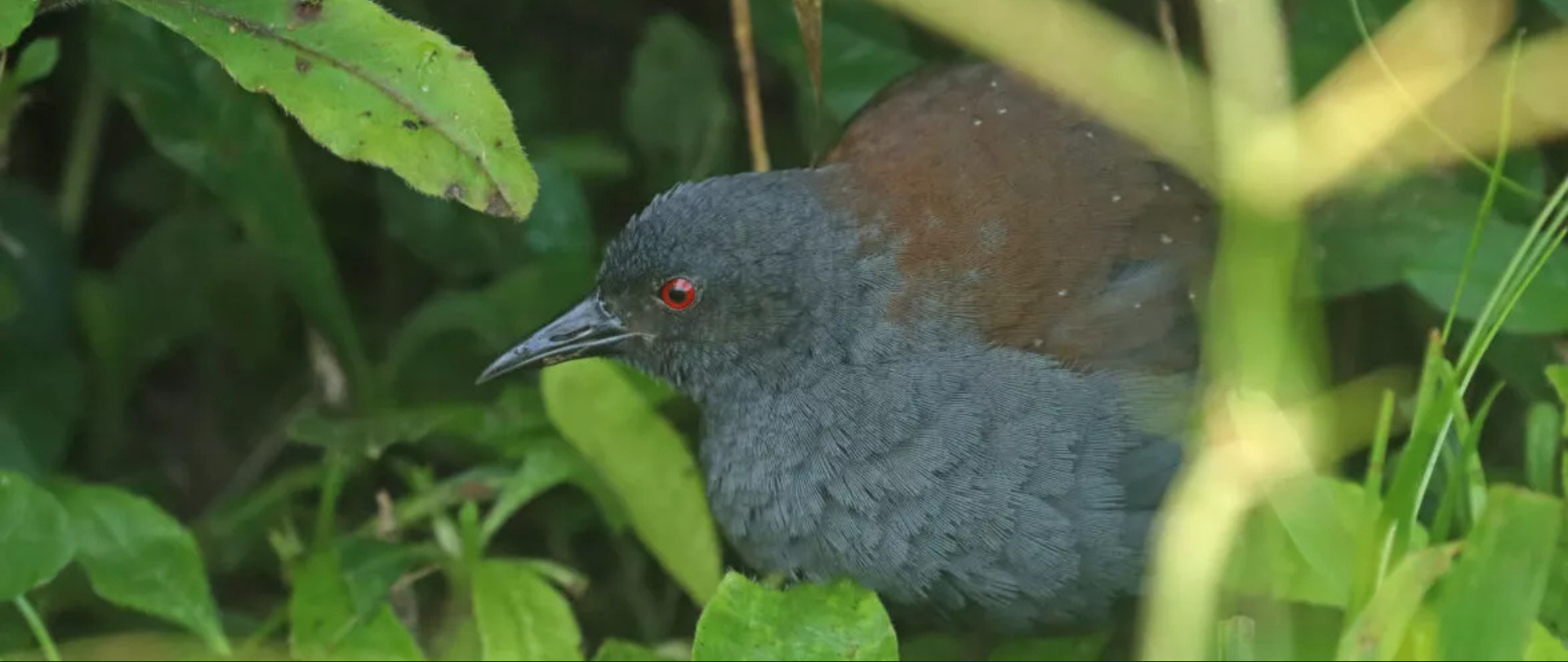
February 27, 2025
A locally-extinct species of ground-dwelling bird was found on Floreana Island!
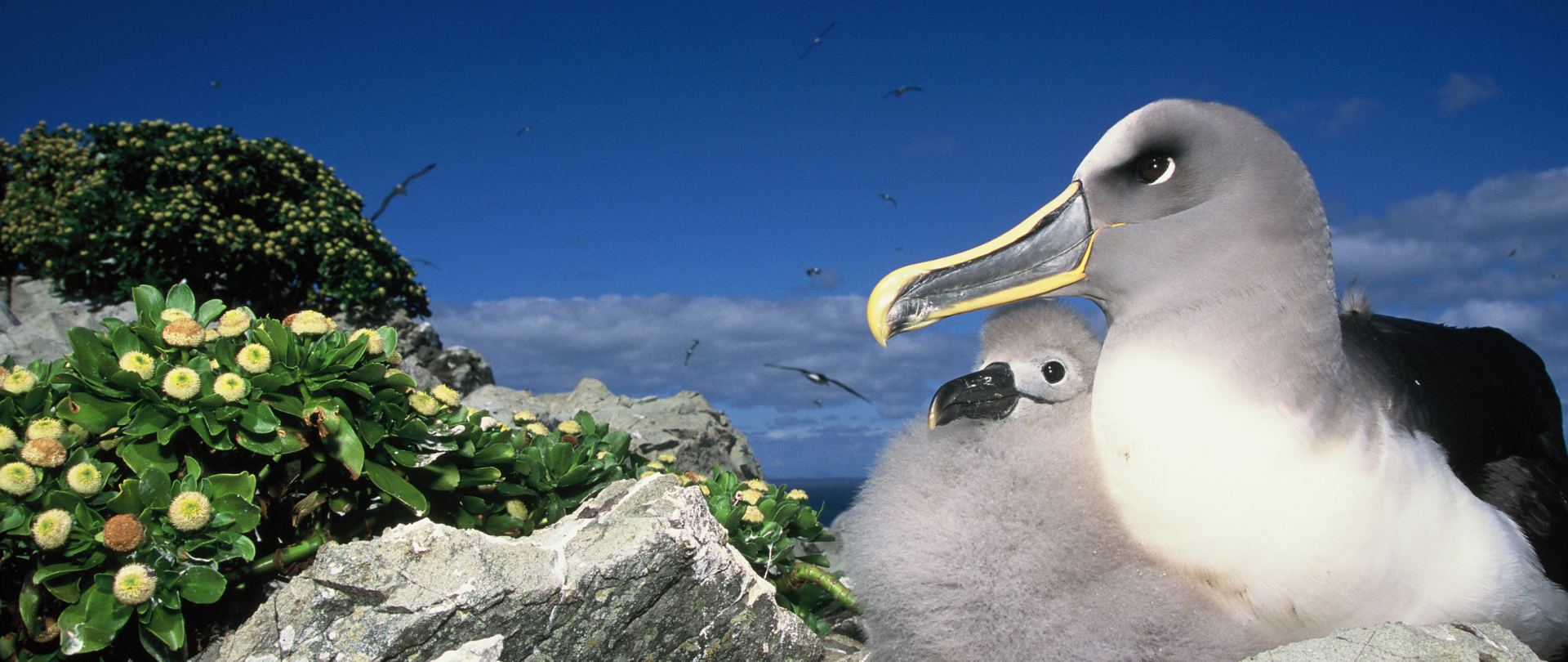
February 20, 2025
February 20, 2025, Bluff, New Zealand – The international conservation initiative, Island-Ocean Connection Challenge (IOCC), led by Island Conservation, Re:wild, and UC San Diego’s Scripps Institution of Oceanography, proudly welcomes three of New Zealand’s most ecologically rich islands into its…